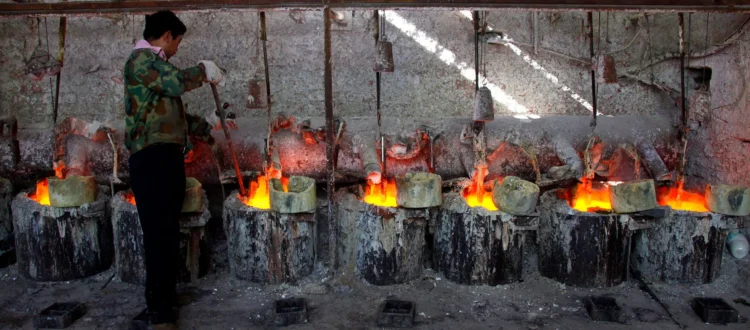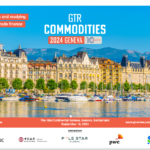Restrictions on the Export of Rare Earth Elements and Their Impacts
Image: David Gray/Reuters
On April 4, the Chinese government implemented a new regulatory strategy restricting the export of seven heavy rare earth elements. Exports will now require licensing; certain American companies in the defense sector are excluded from such licensing. Until the licenses are granted, the export of these rare earths has been completely halted. The affected metals are essential components in many technical applications, impacting both civilian and military sectors worldwide.
Why these restrictions?
The measures are believed to be a response to the recent drastic tariff increases imposed by the U.S. under President Trump, which came into effect on April 2. China is responding to the escalating trade conflict between the two nations. The affected metals, including samarium, gadolinium, and dysprosium, are critical for manufacturing engines and other highly specialized products in the automotive, aerospace, and electronics industries. China dominates this market and processes nearly all of the heavier rare earths globally, giving it strong leverage in international trade.
Impacts of these export restrictions
Companies around the world face potential production disruptions due to uncertain supply availability. The timing of these disruptions is hard to predict because of varying inventory levels and the unclear duration of the export halt.
Because the export of these metals is of relatively small economic value for China, the controls cause little economic damage domestically. With a trade surplus of nearly one trillion USD, China exports far more than it imports. This increases pressure on global markets.
In 2010, China suspended rare earth exports to Japan following a territorial dispute. Since then, many other countries have sought to expand their own production and processing of rare earth elements. Additionally, investments have been made in substitution technologies. With the 2024 Critical Raw Materials Act, the EU has taken steps to significantly increase its domestic supply of so-called “strategic raw materials”—including rare earth metals—by 2030. However, time remains a major challenge: opening new mines, establishing trade partnerships, developing substitutes, and building recycling systems are long and costly endeavors that often take years before impacting the market.
Switzerland relies entirely on imports for these raw materials.. Although the volumes of pure rare earth imports are relatively small, companies depend on components and technologies that contain these elements—often sourced from the EU, which itself is entirely dependent on China. An urgent analysis of dependencies and risks is necessary to identify and manage potential supply bottlenecks.
Read more in the NZZ article from April 19.




